
Home » Common complications after liver transplant and how to manage them
1.Rejection
Rejection is one of the most common complications after liver transplant. It occurs when the body’s immune system recognizes the transplanted liver as foreign and attacks it. Symptoms of rejection may include fever, jaundice, abdominal pain, and loss of appetite.
To manage rejection, doctors typically prescribe immunosuppressant medications that suppress the immune system. These medications must be taken as prescribed to prevent rejection from occurring. Regular blood tests are also necessary to monitor the levels of these drugs in the bloodstream.
2.Infection
Infections can occur after liver transplant due to the use of immunosuppressive medications. Common infections include urinary tract infections, pneumonia, and wound infections. Symptoms may include fever, chills, coughing, and difficulty breathing.
Prevention is key to managing infections after liver transplant. Patients should practice good hygiene, avoid contact with sick individuals, and get vaccinated against preventable diseases. If an infection does occur, prompt treatment with antibiotics or antiviral medication is essential.
3.Bleeding
Bleeding is another potential complication after liver transplant. This can occur during surgery or in the immediate postoperative period. Symptoms may include excessive bleeding from the surgical site, bruising, or redness.
To manage bleeding, doctors may need to perform additional surgeries to stop the bleeding or administer blood transfusions. Prevention measures such as careful surgical technique and monitoring of blood clotting factors can help reduce the risk of bleeding.
4.Biliary Complications
Biliary complications can occur after liver transplant due to damage to the bile ducts during surgery or inflammation caused by rejection. Symptoms may include jaundice, abdominal pain, and fever.
To manage biliary complications, doctors may need to perform additional surgeries to repair or replace damaged bile ducts. Medications to reduce inflammation may also be prescribed.
5.Renal Dysfunction
Renal dysfunction can occur after liver transplant due to the use of immunosuppressive medications. Symptoms may include decreased urine output, swelling, and fatigue.
To manage renal dysfunction, doctors may adjust medication dosages or switch to alternative medications that are less toxic to the kidneys. Lifestyle changes such as maintaining a healthy diet and exercising regularly can also help improve kidney function.
6.Metabolic Complications
Metabolic complications can occur after liver transplant due to changes in metabolism caused by the surgery and immunosuppressive medications. These complications may include high blood pressure, high cholesterol, and diabetes.
To manage metabolic complications, doctors may prescribe medications to control blood pressure, cholesterol levels, and blood sugar levels. Lifestyle changes such as eating a healthy diet, exercising regularly, and quitting smoking can also help manage these conditions.





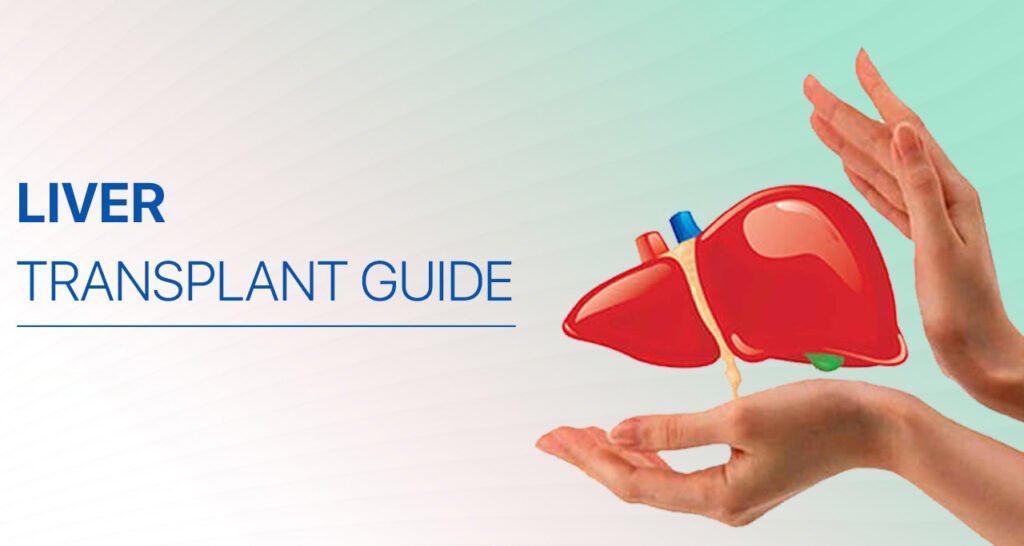
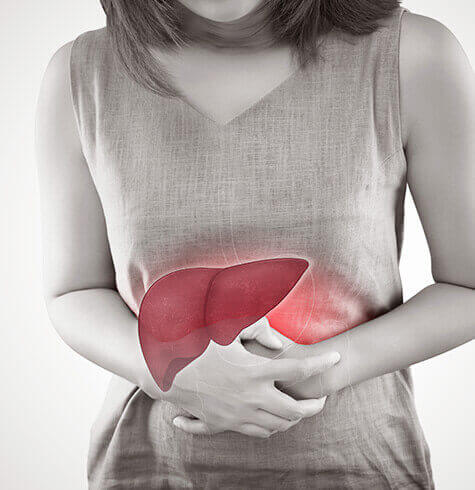

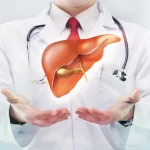

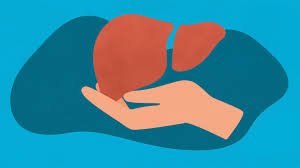
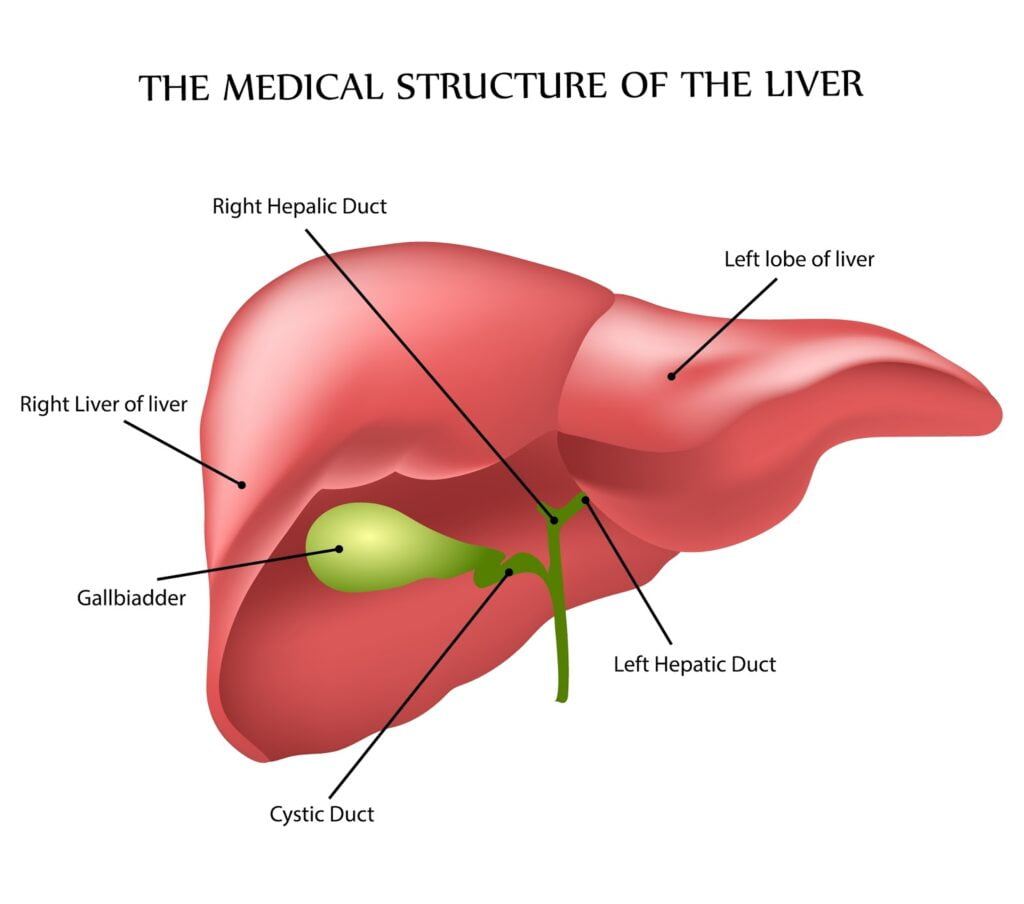
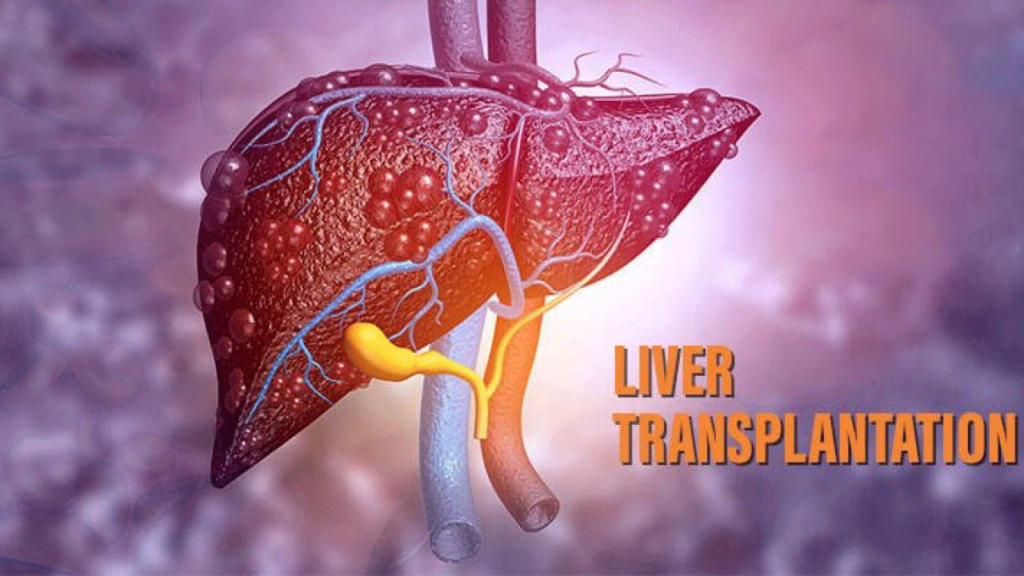


Indian Health Adviser (IHA) is a healthcare facilitator seeking to make health and wellness easier for people of international residents, their families, and their friends.
Designed by Acmeinfolabs